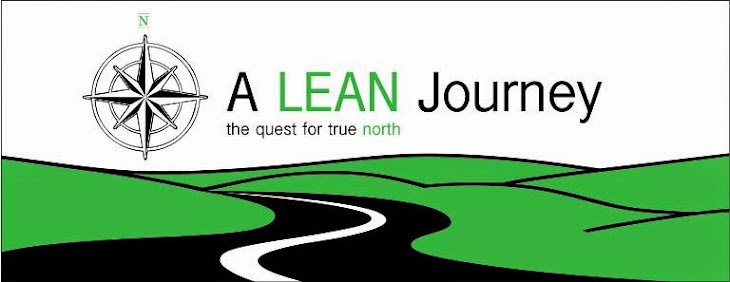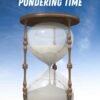On Fridays I will post a Lean related Quote. Throughout our lifetimes many people touch our lives and leave us with words of wisdom. These can both be a source of new learning and also a point to pause and reflect upon lessons we have learned. Within Lean active learning is an important aspect on this journey because without learning we can not improve.
The quote
“I never lose. I either win or learn” is an empowering statement that
frames the concept of failure in a new, more positive light. This phrase, often
attributed to Nelson Mandela, encapsulates a philosophy that transcends the
conventional understanding of winning and losing, turning every outcome into an
opportunity for growth.
At its core,
the quote “I never lose. I either win or learn” is about redefining
failure. Traditionally, society tends to view success and failure in binary
terms: you either win or lose. However, this perspective can be limiting and
detrimental to personal growth. The statement challenges this binary thinking
by suggesting that there is value in every outcome, including those that are
initially perceived as failures.
To
“win” means to succeed in achieving one’s goals, which is universally
understood and celebrated. To “learn,” however, introduces the idea
that even when our goals are not met, there is an inherent value in the
experience – the acquisition of new knowledge, insights, or skills. This
learning process is what transforms a perceived loss into a constructive and
valuable experience.
Adopting this
mindset offers numerous benefits:
- Resilience: By viewing setbacks as learning
opportunities, individuals develop resilience, enabling them to bounce
back from challenges more effectively. - Growth Mindset: This perspective fosters a growth
mindset, where abilities and intelligence are seen as qualities that can
be developed through dedication and hard work. - Reduced Fear of Failure: Demystifying failure and viewing
it as a part of the learning process reduces anxiety and fear, encouraging
more innovative and bold life choices. - Enhanced Problem-Solving Skills: Learning from “losses”
improves one’s ability to tackle future challenges, leading to better
problem-solving skills.
Sometimes we’re
going to struggle. That is part of life. And yet, we always have a choice of
how we respond. When you embrace a growth mindset, you know you can always
improve and ask yourself questions to further that process. Questions like:
What are my options? How can I move forward? What are my lessons learned? And
finally, how can I make this year better than it was before?
 A Lean Journey
A Lean Journey 





Leave a Comment
Your email address will not be published. Required fields are marked with *